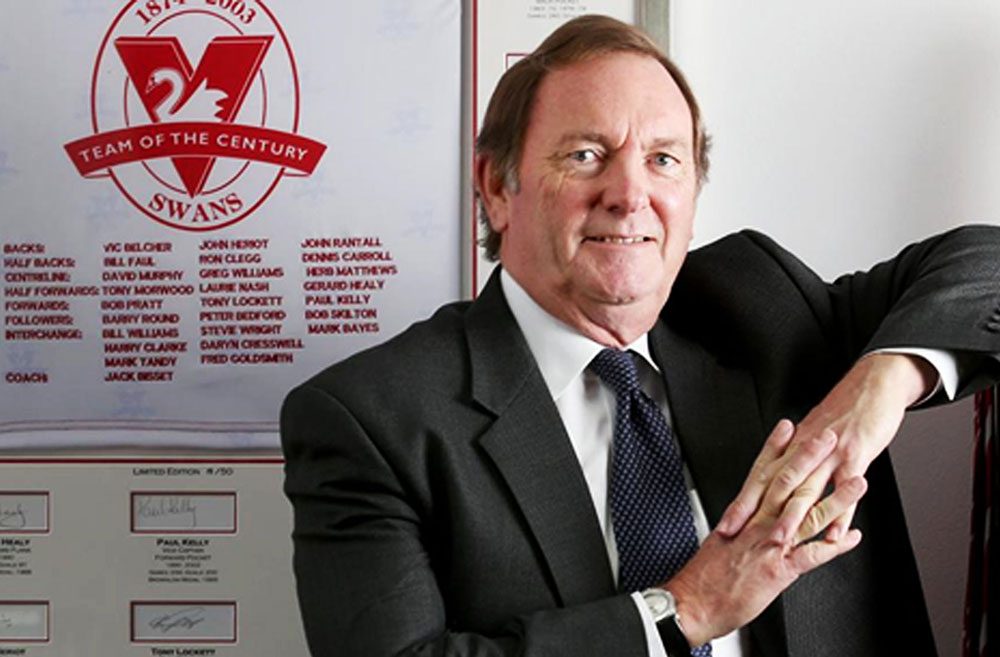This article is from the Australian Property Journal archive
IF there was a property version of The Art of The Deal, Greg Paramor would probably write it. After selling James Fielding Group to Mirvac 14 years ago for almost half a billion dollars, it was déjà vu all over again for Paramor, who just sold Folkestone to Charter Hall for $205 million, completing the six-year transformation of the $10 million property developer minnow he wrestled control from Bill Bowness and the Pratt family.
Charter Hall has offered to buy Folkestone for $1.39 per share in a move which will boost its funds under management by $1.6 billion and diversify its portfolio to include childcare centres, hotels, seniors living and residential housing land and apartments development.
Folkestone has a number of residential housing projects in a joint venture with ID Land and an apartment development with the Lyon Group.
Charter Hall CEO David Harrison said the acquisition expands the group’s investable universe into the social infrastructure sector.
“Early learning is a growth sector underpinned by population growth, increasing workforce participation and government funding. The early learning sector is still highly fragmented with low institutional participation, but with high quality covenants and long WALE triple net leases.
“We are attracted to their leading position in the social infrastructure sector and the suite of listed and unlisted funds adds to our diversity of sources of equity, whilst their origination capability is expected to generate property investments for the expanded list of managed funds.
“Importantly, the Folkestone culture shares many similarities to Charter Hall’s own culture and we see the two organisations as a close fit. We look forward to Folkestone executives joining Charter Hall and the complementary skills they will bring as we work together to grow the funds management platform.” Harrison said.
The sale of Folkestone culminates seven years of work by Paramor to transform the former property minnow into a powerhouse.
Paramor’s company Equity Real Estate Partners wrestled control of Folkestone from Bell Potter, Bill Bowness and the Pratt family in 2011 in a highly publicised stoush.
At the time, the fledgling developer had a market cap of $10 million, profit was declining and Bell Potter put forward a proposal to recapitalise the company, which was rejected by shareholders, in favour of Paramor’s plans.
Folkestone was Paramor’s new pet project, often seen as James Fielding mark 2, following his retirement as CEO of Mirvac in 2008.
Paramor inherited the helm of Mirvac from Bob Hamilton after he sold his company James Fielding to Mirvac in 2004/2005 for $478 million.
Paramor yesterday said, “We see this as an excellent fit of two likeminded businesses,”
“Folkestone brings significant expertise and skills in the fields of social infrastructure and early learning. Folkestone’s other existing unlisted funds also complement Charter Hall’s existing platform, providing opportunities for Charter Hall to either grow these funds, or create new fund initiatives leveraging Folkestone’s extensive private client network and Charter Hall’s extensive distribution network.” Paramor said.
As part of the deal, Paramor will join the board as a non-executive independent director of Charter Hall.
Charter Hall yesterday revealed operating earnings of $175.8 million, up 16.2% and a statutory profit after tax of $250.2 million. Operating earnings per security pre-tax of 43.5 cents, up 7.4% and operating earnings per security post-tax of 37.7 cents, up 5.0%.
Charter Hall declared distribution of 31.8 cents, up 6%.
Harrison said this strong result reflects a 17.0% growth in FUM to $23.2 billion and reaffirms the group’s strategy which is focused on accessing, deploying, managing and investing capital and has delivered a total platform return of 15.0% to 30 June 2018.
“We believe the property market landscape will continue to accommodate growth. We expect asset growth in submarkets that are underpinned by favourable property fundamentals where there is effective rental growth. We also expect continued equity flows for fund managers with strong track records.
“Based on no material change of current market conditions, our FY19 guidance is for 5-7% growth in post-tax operating earnings per security over FY18. On the basis the FLK transaction is completed, FY19 guidance is for 8-10% growth in post-tax operating earnings per security over FY18.” Harrison said.
Meanwhile Folkestone announced a full year statutory net profit of $13.9 million, a 3.3% increase. Normalised NPAT was $13.9 million, a 48.1% increase compared to the prior period.
Statutory earnings per share (EPS) are 9.4 cents compared to 9.1 cents in FY17. Normalised earnings per share are 9.4 cents compared to 6.3 cents in FY17. Folkestone declared a final dividend of 3.0 cents.
Paramor said the FY18 result was driven by growth in the funds management platform.
Total funds management revenue was $26.8 million, an increase of 57.7% on FY17. The development business generated a net profit of $6.5 million, down 61.0% on FY17.
Folkestone has shelved plans for a residential development with the Lyon Group in South Dural, in north-west Sydney.
In October 2015, the JV partners sought to rezone the rural land to residential.
Paramor said this process is expected to take significantly longer than originally anticipated and as a result, Folkestone has advised the Lyon Group that it does not intend to proceed with the project. The JV has a sunset date of March 2019, and Folkestone expects its funds employed to be returned by June 2019. During FY18, Folkestone recognised a $0.8 million impairment provision against the carrying value of its investment in the project, in addition to the $0.9 million of development costs expensed during the year.
Australian Property Journal




